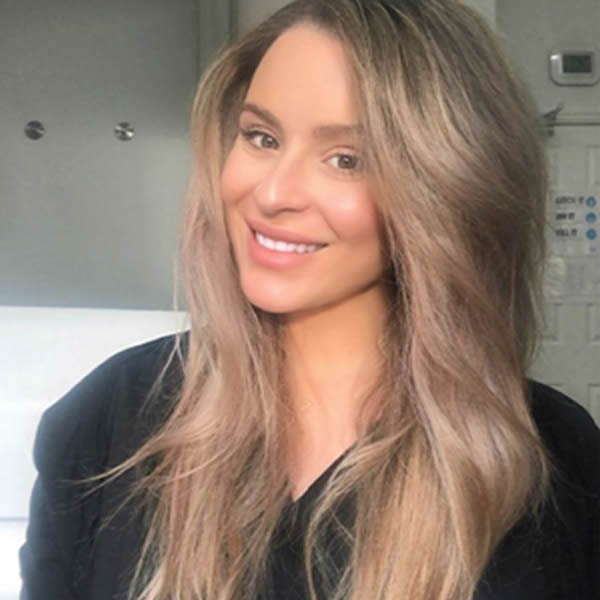Treatment Of Urge Incontinence
- Non surgical treatments are available for those who suffer from urge incontinence. One of the first approaches may be to ‘retrain’ the bladder to learn to hold on to urine for a little longer every few days. Anyone who is affected should try to keep an accurate bladder diary showing how often urine is passed during the day and night.
- If there is not enough improvement with bladder training alone, medicines in the class of drugs called antimuscarinics (also called anticholinergics) may also help. They include: oxybutynin, tolterodine, trospium chloride, propiverine, darifenacin, and solifenacin. These also come in different brand names. They work by blocking certain nerve impulses to the bladder, which relaxes the bladd er muscle and so increases the bladder capacity.
- Medication improves symptoms in some cases, but not all. The amount of improvement varies from person to person. You may have fewer toilet trips, fewer urine leaks, and less urgency. However, it is uncommon for symptoms to go completely with medication alone. A common plan is to try a course of medication for a month or so. If it is helpful, you may be advised to continue for up to six months or so and then stop the medication to see how symptoms are without the medication. Symptoms may return after you finish a course of medication. However, if you combine a course of medication with bladder training, the long-term outlook may be better and symptoms may be less likely to return when you stop the medication. So, it is best if the medication is used in combination with the bladder training.
Side-effects are quite common with these medicines, but are often minor and tolerable. Read the information sheet which comes with your medicine for a full list of possible side-effects. The most common is a dry mouth, and simply having frequent sips of water may counter this. Other common side-effects include dry eyes, constipation and blurred vision. However, the medicines have differences, and you may find that if one medicine causes troublesome side-effects, a switch to a different one may suit you better.
- Electrical nerve stimulation- may help block the urge to pass urine so often.
- Botulinum toxin injections into the bladder muscle- it has been found that these injections can suppress the urge to urinate.
- Hormone Replacement Therapy- (HRT) may also help with an overactive bladder. It replaces lost oestrogen, which is important for good bladder function
See also Overactive Bladder Syndrome









Leave a Reply
Want to join the discussion?Feel free to contribute!